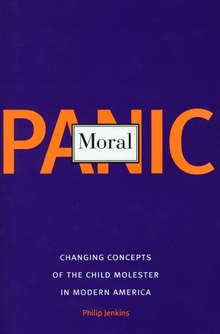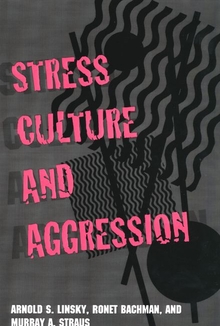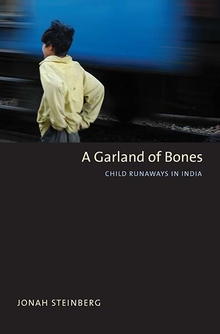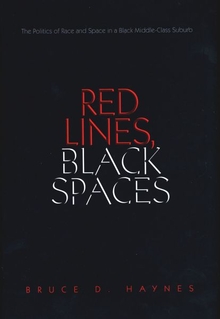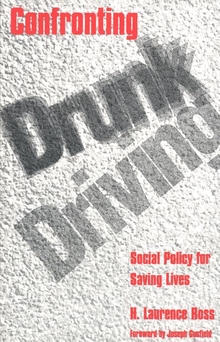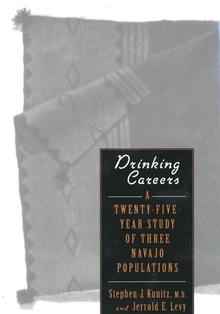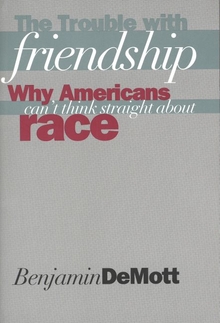Moral Panic
WARNING
You are viewing an older version of the Yalebooks website. Please visit out new website with more updated information and a better user experience: https://www.yalebooks.com
Changing Concepts of the Child Molester in Modern America
Philip Jenkins
Philip Jenkins argues that all concepts of sex offenders and offenses are subject to social, political, and ideological influences and that no particular view of offenders represents an unchanging objective reality. He examines the various groups (including mass media) who have been active in promoting particular constructions of the emerging problem, the impact of public attitudes on judicial and legislative responses to these crimes, and the ways in which demographic change, gender politics, and morality campaigns have shaped public opinion. While not minimizing sexual abuse of children, the book thus places reactions to the problem in a broad political and cultural context.
“This book will become a kind of marker for historical and social constructionist research on sex abuse. It is original, well written, and engrossing.”—Erich Goode, State University of New York at Stony Brook
"Jenkins has written a useful book and one that properly engages us in the Durkeimian and Foucaldian question of how society has used sexual deviancy as a spur to outrage and a recipe for law making."—Paula S. Fass, American Historical Review
"Jenkins’ book is very readable and cogently argued. It deals with a topic at the intersection of deviance, social change, social movements, culture, social problems, sex and gender and . . . it deserves to be widely read."—Anthony Oberschall, American Journal of Sociology
"Jenkins’ well presented social constructionist approach offers a fresh perspective on current beliefs and policies."—Bruce Rind, Archives of Sexual Behavior
"Historian Philip Jenkins has written an impressive chronicle of how our construction of sexual crimes changes. . . . Over time, the moral panic, as opposed to the actual incidence, of sex crimes, including child sexual abuse, ebbed and waned, reflecting much about social attitudes of the time as well as the mobilization of professional and victim constituencies. . . . In this book, Jenkins has conducted a riveting review of how American concepts of the child molester have changed over time."—Interdisciplinary Report on At-Risk Children & Families
"[Jenkins] offers perceptive insights into the fragile coalitions that escalated moral outrage and useful lessons on the rise of children’s protective services in the American welfare state."—Joanne Meyerowitz, Journal of American History
“Anyone engaged in research on child abuse will benefit from Jenkins’ careful observations and voluminous notes drawn from novels, films, newspapers, popular magazines, academic literature, and government documents. The book is clearly written and well reasoned throughout. . . . Moral Panic is an interesting and valuable study that helps researchers while it remains accessible to larger audiences.”—Journal of Social History
"His well-researched study of a controversial subject is recommended for scholarly collections on child abuse and sex offenders."—Gregor A. Preston, Library Journal
“[An] astringent and important book. . . . Jenkins . . . is less interested in addressing the objective threat of child molesting than is asking why at particular historical moments—and with no solid evidence that it is on the rise—it can seem so much more omnipresent and alarming than at others. . . . Moral Panic is a fine and thoroughly researched work of history, and an enormously useful reminder that we have gone this way before."—Margaret Talbot, New Republic
Publication Date: December 28, 2004

